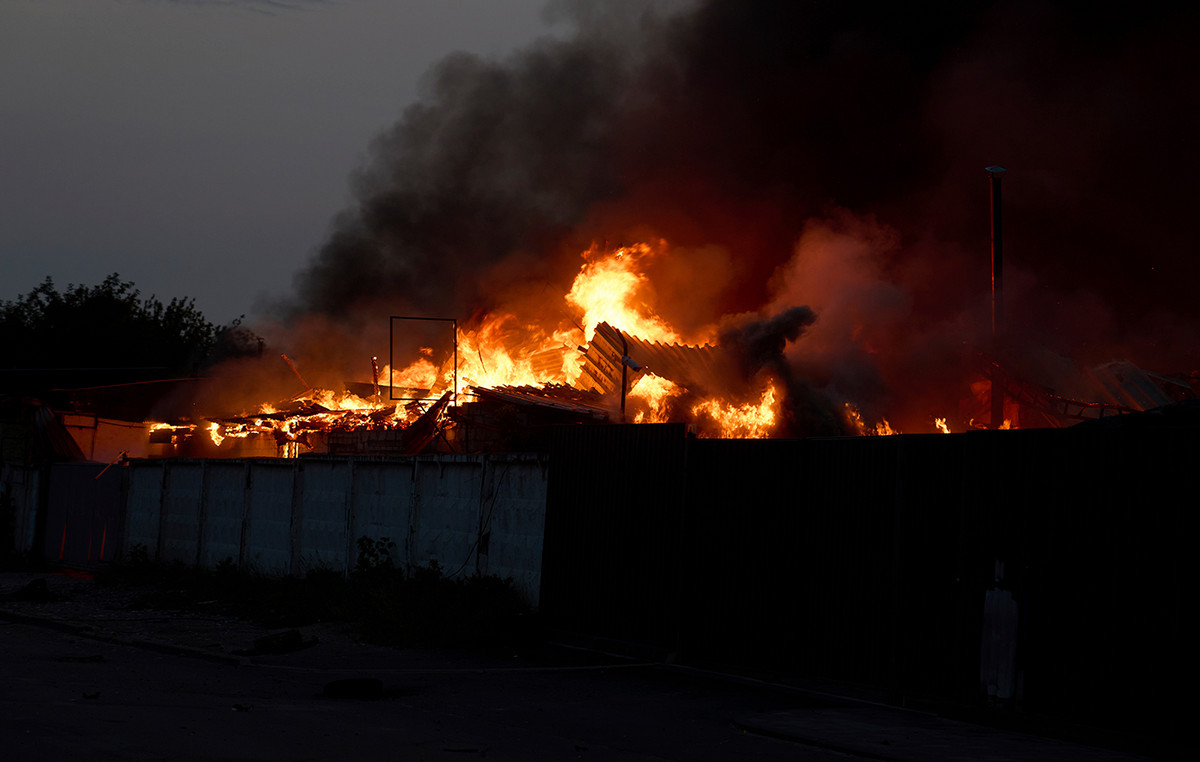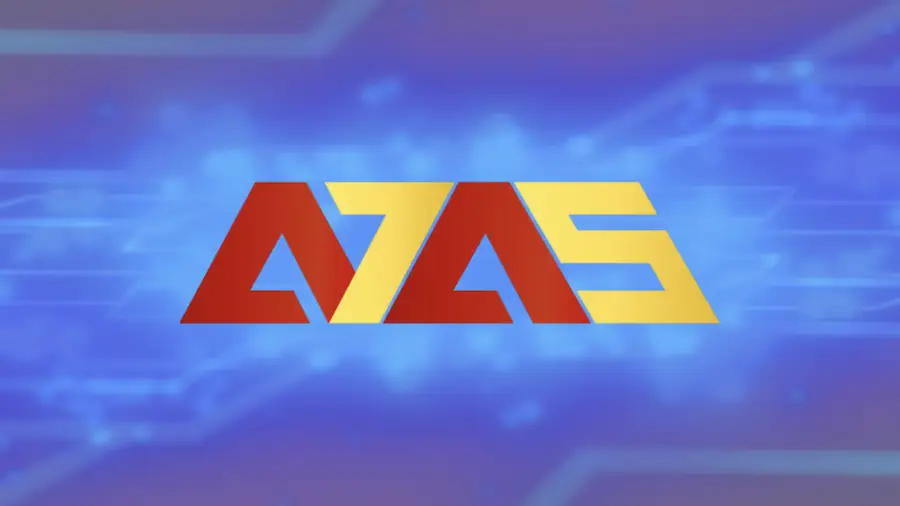LAST UPDATE: 21.32
Russian President Vladimir Putin has said that Russia intends to turn to the ruble in trade for the sale of gas to unfriendly countries, as reported by Reuters. He added that these changes will only affect the payment currency.
The Russian president also said that gas supplies would continue in accordance with the contracts. In addition, Putin said that the government will instruct Gazprom to make the corresponding changes in the contracts.
Putin called on the central bank and the government to set up a new system “within a week” that should be “clear, transparent” and regulate payments, including “the acquisition of rubles in the Russian foreign exchange market.” He also noted that the “freezing” of Russian assets by foreign countries has destroyed trust.
Putin’s announcement had a direct impact on the Russian currency, as the ruble jumped briefly to a three-week high, above 95 against the dollar, and, despite losing some gains, remained well below 100 after the announcement. The ruble has fallen about 20% since February 24.
“At first glance, this announcement seems to be an attempt to support the ruble, forcing gas buyers to buy the previously free-falling currency in order to pay,” said Vinicius Romano, an analyst at consulting firm Rystad Energy.
The Russian president also hinted that the decision would affect other Russian exports, as the West has frozen about $ 300 billion in Russian reserves abroad, a move that Russian Foreign Minister Sergei Lavrov called a “theft” today.
“It is clear that delivering our products to the EU, to the United States, and receiving dollars, euros and other currencies no longer makes sense to us,” Putin said.
For the time being, Russian hydrocarbons have remained unharmed by heavy Western sanctions against Russia.
Washington has ordered an embargo on Russian gas and oil. But Russian gas and oil continue to flow to Europe, which is heavily dependent on Russian hydrocarbons and is Moscow’s largest market.
With large banks reluctant to exchange Russian assets, some buyers of Russian gas in the European Union have not been able to immediately figure out how they could pay for gas in the future.
Several companies, including major oil and gas companies Eni, Shell and BP, RWE and Uniper declined to comment, according to Reuters.
It is also noted that today the gas flows to the east through the Yamal-Europe pipeline from Germany to Poland decreased sharply, according to the data of the manager of the Gascade pipeline.
Germany: Putin’s demand for ruble gas payments violates contracts
Russian President Vladimir Putin’s demand that rubles be supplied with gas supplies is a breach of contract, German Economy Minister Robert Habeck said on Wednesday, according to Reuters.
He also said in a press conference that he would discuss with European partners a possible response to the Kremlin announcement on gas payments, which are usually made in dollars.
Violation of contracts?
According to Gazprom, 58% of gas sales to Europe and other countries as of January 27 were settled in euros. The US dollar accounts for about 39% of gross sales and the pound for about 3%.
The commission has said it plans to reduce its EU dependence on Russian gas by two-thirds this year and end its dependence on Russian supplies “long before 2030”.
But unlike the US and Britain, EU countries have not agreed to impose sanctions on Russia’s energy sector, given their dependence.
The commission did not immediately respond to a request for comment.
There are questions about whether Russia’s decision violates the agreements agreed in euros.
“This would be a violation of the payment rules contained in the current contracts,” said a senior Polish government source, adding that Poland has no plans to sign new contracts with Gazprom after their current long-term deal expires at the end of this year.
A spokesman for Dutch gas supplier Eneco, which buys 15% of its gas from Gazprom’s German subsidiary Wingas GmbH, said it had a long-term contract in euros. “I can not imagine that we would agree to change the terms of this.” The Dutch Ministry of Economic Affairs said it was too early to comment.
Russia has compiled a list of “unfriendly” countries, including countries that have imposed sanctions on Moscow. Among other things, agreements with companies and individuals from these countries must be approved by a government committee.
The list of countries includes the USA, the Member States of the European Union, Britain, Japan, Canada, Norway, Singapore, South Korea, Switzerland and Ukraine. Some of these countries, including the United States and Norway, do not buy Russian gas.
Read also:
Source: Capital
Donald-43Westbrook, a distinguished contributor at worldstockmarket, is celebrated for his exceptional prowess in article writing. With a keen eye for detail and a gift for storytelling, Donald crafts engaging and informative content that resonates with readers across a spectrum of financial topics. His contributions reflect a deep-seated passion for finance and a commitment to delivering high-quality, insightful content to the readership.







